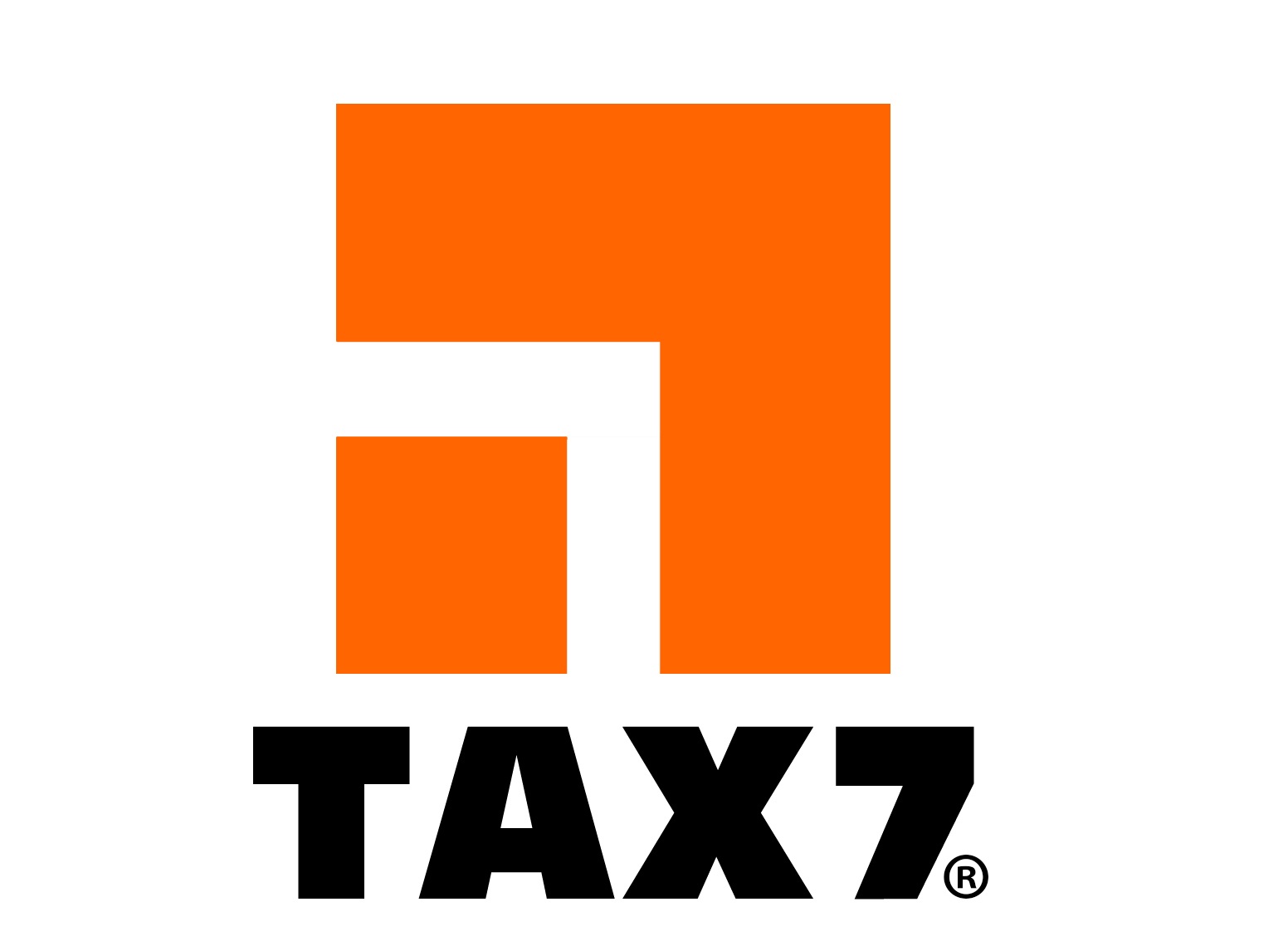How Family Trusts are Taxed in Australia
A comprehensive guide to understanding family trust taxation, distribution strategies, and how to minimize tax through proper trust management.
Family Trust Taxation - Quick Summary
Family trusts (discretionary trusts) do not pay tax themselves when income is fully distributed to beneficiaries. Instead, beneficiaries pay tax on their share at their individual marginal tax rates. This allows strategic income splitting to minimize overall family tax. Tax7 specializes in family trust tax returns, distribution planning, and ensuring compliance with all ATO requirements while maximizing tax efficiency.
What is a Family Trust?
A family trust, also known as a discretionary trust, is a legal structure where a trustee holds assets and income on behalf of beneficiaries (typically family members). The key feature is that the trustee has discretion each year to decide how to distribute income and capital among the beneficiaries.
Unlike a company where profits are taxed at the company level, or a partnership with fixed profit shares, a discretionary trust allows flexible distributions. This means the trustee can distribute more income to family members in lower tax brackets and less to those in higher brackets, significantly reducing the overall family tax bill.
Family trusts are commonly used for family businesses, investment properties, and wealth management. They provide tax efficiency, asset protection, and estate planning benefits. However, they require proper management and compliance with ATO rules to maintain their tax advantages.
How Family Trusts are Taxed
✅ When Income is Distributed
Trust pays no tax – Income flows through to beneficiaries
Example:
❌ When Income is Not Distributed
Trust pays 47% tax – Highest marginal rate applies
Example:
This is why distribution decisions by June 30 are critical!
Key Trust Tax Principle
Family trusts are tax transparent when income is distributed. The trust acts as a conduit, passing income to beneficiaries who then pay tax at their individual rates. Strategic distributions can save families $10,000-$50,000+ annually.
Strategic Trust Distribution Planning
Income Splitting
Distribute income to family members in lower tax brackets (spouse, adult children, retired parents) to minimize overall tax.
Timing Flexibility
Adjust distributions yearly based on beneficiaries' income levels, personal circumstances, and tax planning opportunities.
Minor Beneficiaries
Be aware of special tax rates for minors (under 18) receiving trust income – we ensure distributions comply with ATO rules.
Family Trust Compliance Requirements
Distribution Minutes (By June 30)
Trustees must document distribution decisions before the end of the financial year. These minutes specify how much income each beneficiary receives.
Trust Tax Return
The trust must lodge an annual tax return showing income earned and how it was distributed, even if the trust pays no tax.
Beneficiary Statements
Each beneficiary receives a distribution statement showing their share of trust income to include in their personal tax return.
Trust Deed Compliance
All distributions must comply with the trust deed provisions. We review your deed to ensure distributions are valid and legally effective.
Family Trust vs Other Business Structures
| Feature | Sole Trader | Company | Family Trust |
|---|---|---|---|
| Tax Rate | Up to 47% | 25-30% | Varies (beneficiaries' rates) |
| Income Splitting | No | Limited | Yes (Full flexibility) |
| Asset Protection | No | Good | Excellent |
| Complexity | Low | Medium | Medium-High |
| Setup Cost | Minimal | $1,000-2,000 | $1,500-3,000 |
| Best For | Low income businesses | Medium-high income | Family businesses, high income |
Trust Distribution Strategy Examples
Scenario 1: Single Income Family
Scenario 2: Business Family
Common Family Trust Tax Mistakes to Avoid
Late or No Distribution Minutes
Failing to create distribution minutes by June 30 means income is taxed at 47%. Always document distributions before year-end.
Distributing to Minors Incorrectly
Children under 18 are taxed at special rates (up to 66%) on unearned income exceeding $1,307. Careful planning is needed when distributing to minors.
Trust Deed Non-Compliance
Distributions must comply with trust deed terms. If the deed limits who can receive distributions or when, those rules must be followed.
Not Actually Paying Beneficiaries
Beneficiaries must be "presently entitled" to distributions. While actual payment can be delayed, entitlement must be clear and beneficiaries must include it in their tax returns.
Tax7's Family Trust Tax Services
Annual Trust Tax Service
per month + GST
Complete annual compliance
- Trust tax return preparation
- Distribution planning advice
- Beneficiary statements preparation
- Trust deed compliance review
- Bookkeeping and record keeping
Strategic Trust Planning
+ GST (one-off)
Comprehensive structure review
- Family trust structure analysis
- Trust vs company comparison
- Distribution strategy optimization
- Estate planning integration
- Comprehensive tax plan presentation
Need Help with Your Family Trust?
Get expert advice on family trust taxation, distribution planning, and structure optimization.
Contact Our Trust Tax Specialists
Speak with a family trust expert today
